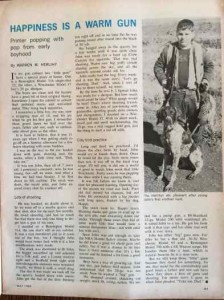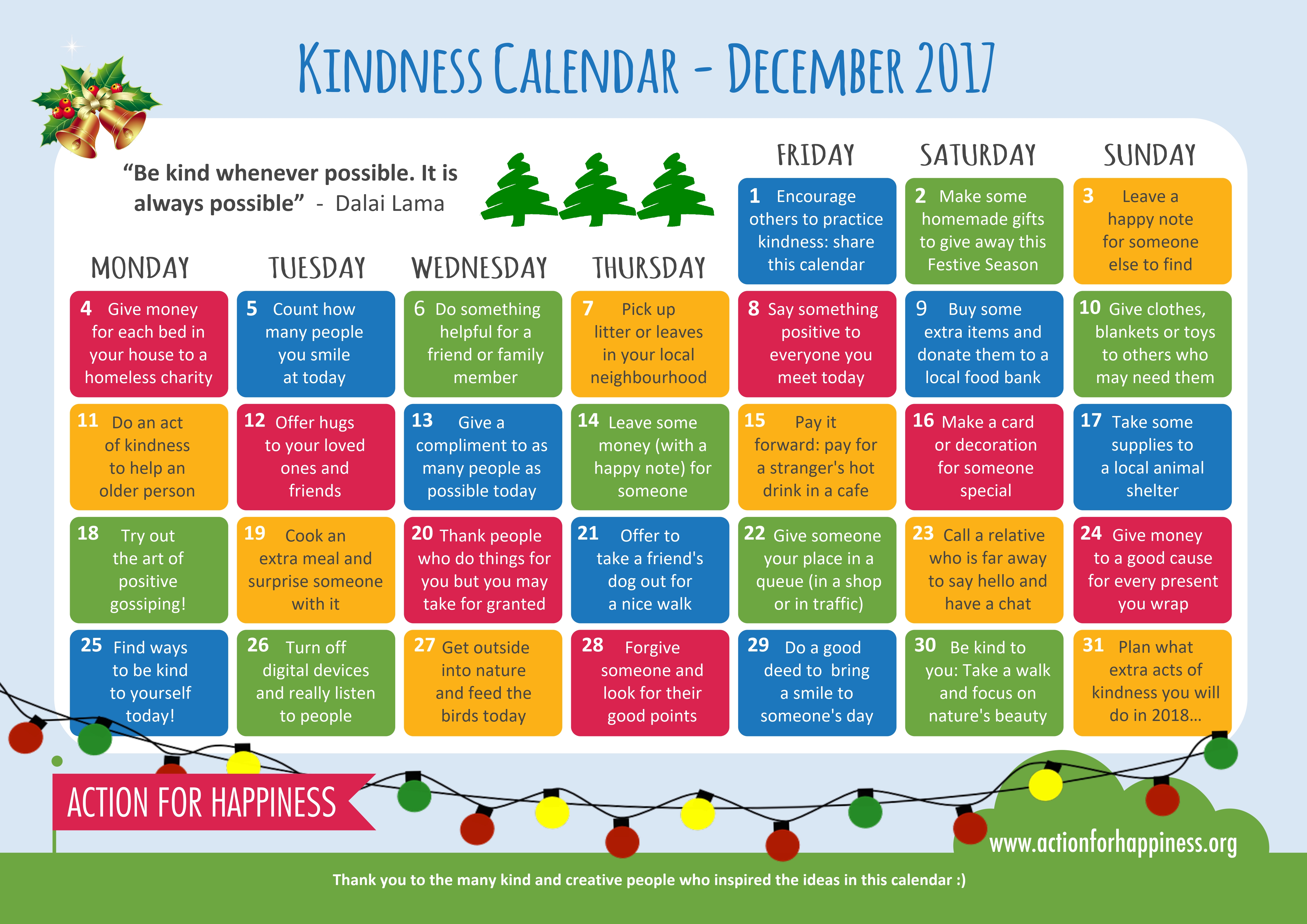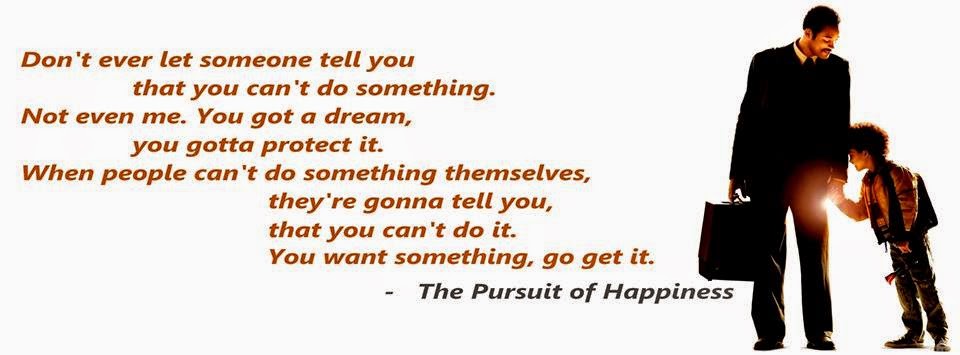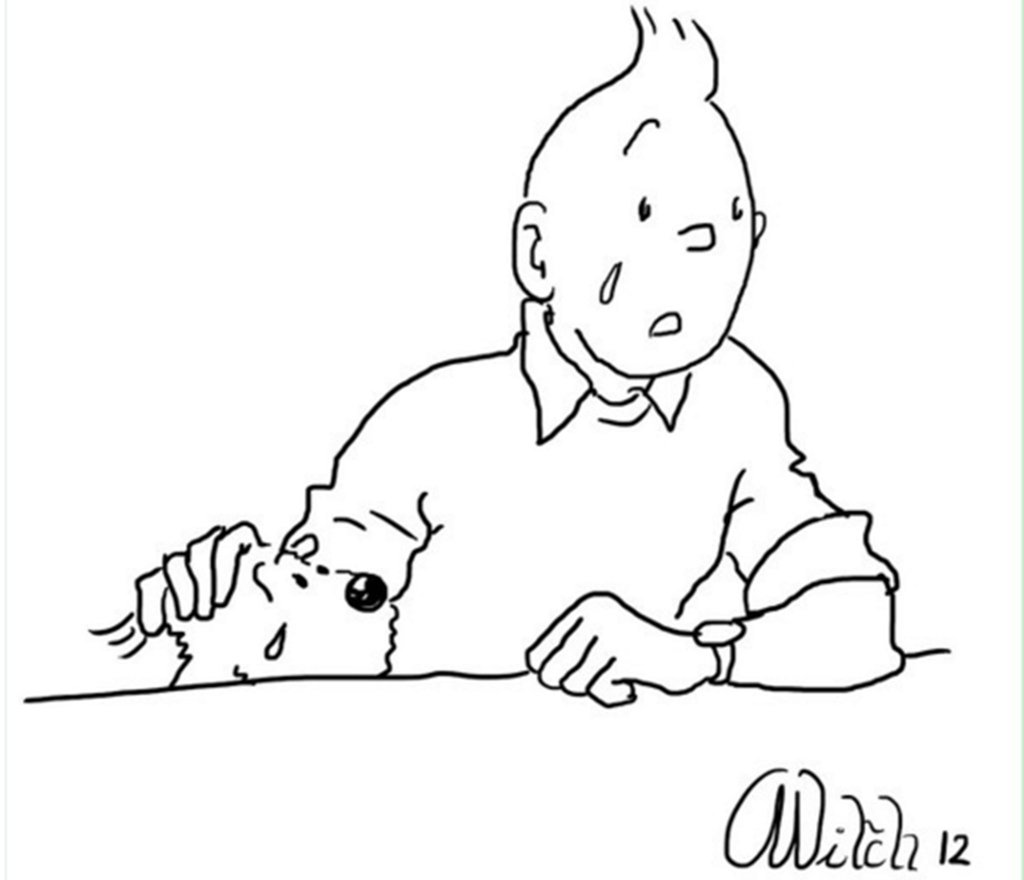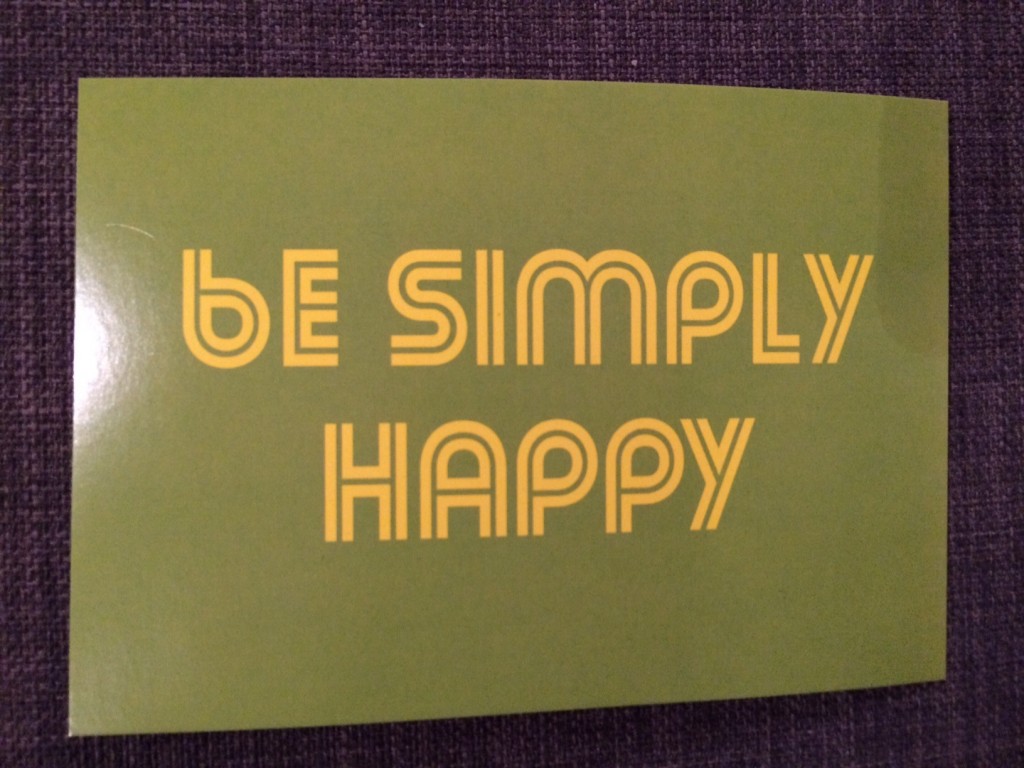I recently came across a brief podcast by the US National Public Radio (NPR) with an intriguing question.
Some of us have quit reading the news, as the endless updates about conflicts, natural disasters, political in-fighting, and abuse scandals make us depressed. (Sports news could balance it down a bit though, depending whether your team wins or loses).
The news is about what is uncommon – hence it is news – and often these are bad developments. In a time of online news and push notifications, we can get ‘new’ news in the time it takes to load a few tweets. As a result, we are a lot better informed about conflicts and disasters in many places we otherwise wouldn’t have heard about. But it might also make us lose the big picture on what is going well in the world.
That’s why the NPR jumped on an idea of Max Roser and Hannah Ritchie. The two are affiliated with Oxford University, and run a number-lovers’ paradise: Our World In Data. They came up with the idea: what would a newspaper consider as headline news if it appeared only once per fifty years?
The 50-year newspaper
The newspaper the NPR and Our World In Data made appeared on 1 January 2018, exactly fifty years after the previous edition of 1968.
It contains some bad news…
- Is It Just Me, Or Is It Hot In Here? (on climate change, as human-induced greenhouse gas emissions rocket)
- Humans to Animals: Drop Dead! (on biodiversity loss; the number of terrestrial animals declined by 60%)
… but also shows some of the great progress made in the last fifty years:
- Poor No More (on poverty, which feel from 60% to 10% of the world population)
- Child Mortality Plummets (in 1968, 1 out of 6 children died before their fifth birthday. With healthcare improving, it now is 1 out of 22)
- Blame It On The Grain (on undernourishment; the population share with hunger fell from about one third to 12%)
What about happiness?
But what would the headline on happiness be in the paper of January 2018?
Fifty years after 1968, these are the headlines the newspaper should run:
- Have You Jumped Out The Rat Race Yet? (on the growing awareness of people that they are in charge of their own well-being, but that they need to make important and difficult life style choices to achieve it)
- Emerging Economies Show Massive Happiness Gains (the progress in fighting poverty, child mortality, and undernourishment across developing countries comes with a happiness dividend)
- Free At Last! (on the transition towards democracy and self-determination in many countries, mainly in Eastern Europe, Latin America, and former colonies)
- Politicians and Bosses Say: Your Happiness Is My Command (on the growing attention for happiness and well-being as a policy issue for the state, and corporations increasing attention to happiness at work)
- Materialism Out, Experiences In! (on the gradually changing habit of people to value and spend money on experiences such as trips or time with friends, and a lesser emphasis on consumer goods)
Bonus: what the 1968 papers actually said about happiness, referring to a creepily titled Beatles song.

